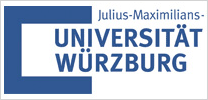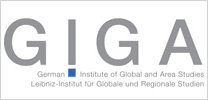Project managers

PhD, professor of contemporary Chinese studies at the University of Würzburg.
He is the coordinator of the “Governance in China” research network (2010–2016), which is funded by the German Federal Ministry of Education and Research, and head of the “Social Stratification and Political Culture in Contemporary Urban China” project. He studied modern Chinese studies, political science and economics at the University of Cologne and Nankai University, Tianjin (PRC), graduating in 1999 with an MA in Chinese area studies. From 1999 until 2008 he worked as a research assistant in modern Chinese history/politics, economy and society at the East Asian Institute of the University of Cologne. 2008-2013 assistant professor of contemporary Chinese studies at the University of Würzburg. He has undertaken regular research trips to China.

Thomas Heberer is professor of Politics of East Asia at the Political Science Department and the Institute of East Asian Studies (IN-EAST) at the University Duisburg-Essen since 1998. Since the middle of the 1960s he has been working on China which he visited first in 1975. From 1977 to 1981 he worked as editor and translator at the Foreign Language Press in Beijing. From 1981 he has regularly conducted field research in different parts of China. Over the past years, he engaged among other things in the social and political roles of private entrepreneurs, the role of ideas and intellectuals in political processes, the role of ethnical entrepreneurs for local development and ethnicity, institutional and social change in Chinese cities and the role of local cadres (“strategic groups”) in the rural transformation process. Further information on: www.uni-due.de/oapol/

is a professor of political science with a focus on Chinese and East Asian area studies at Frankfurt University, and an associate senior research fellow at the GIGA German Institute of Global and Area Studies in Hamburg. Her research centers on political legitimation, ideology, and the political economy of contemporary China.







